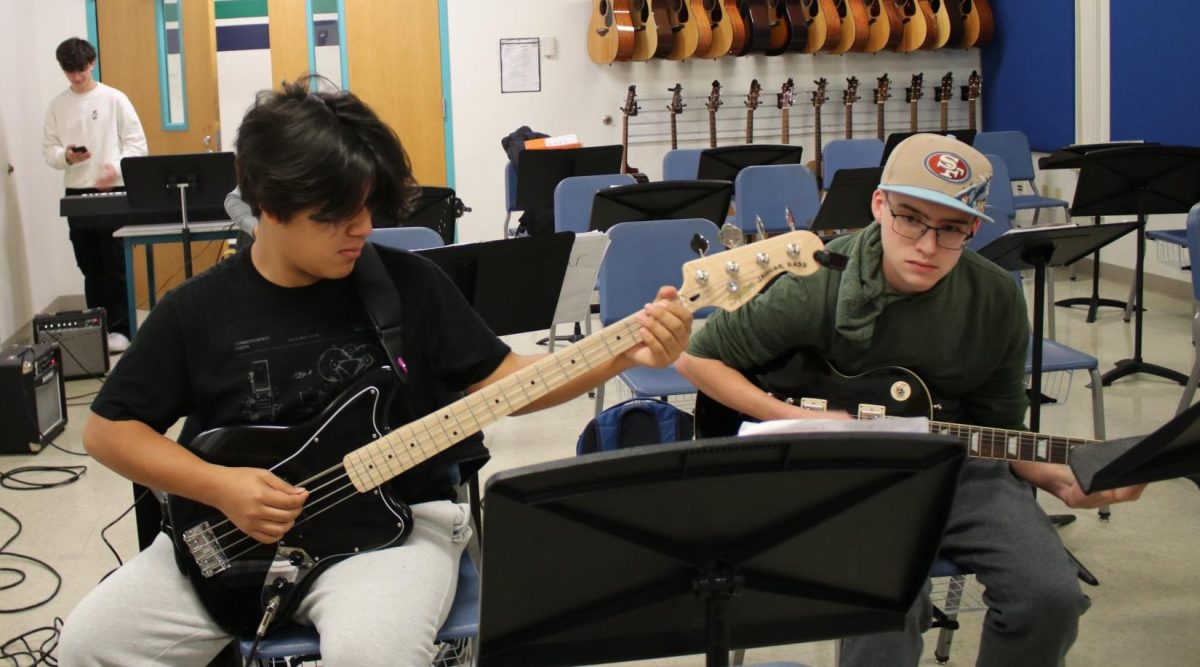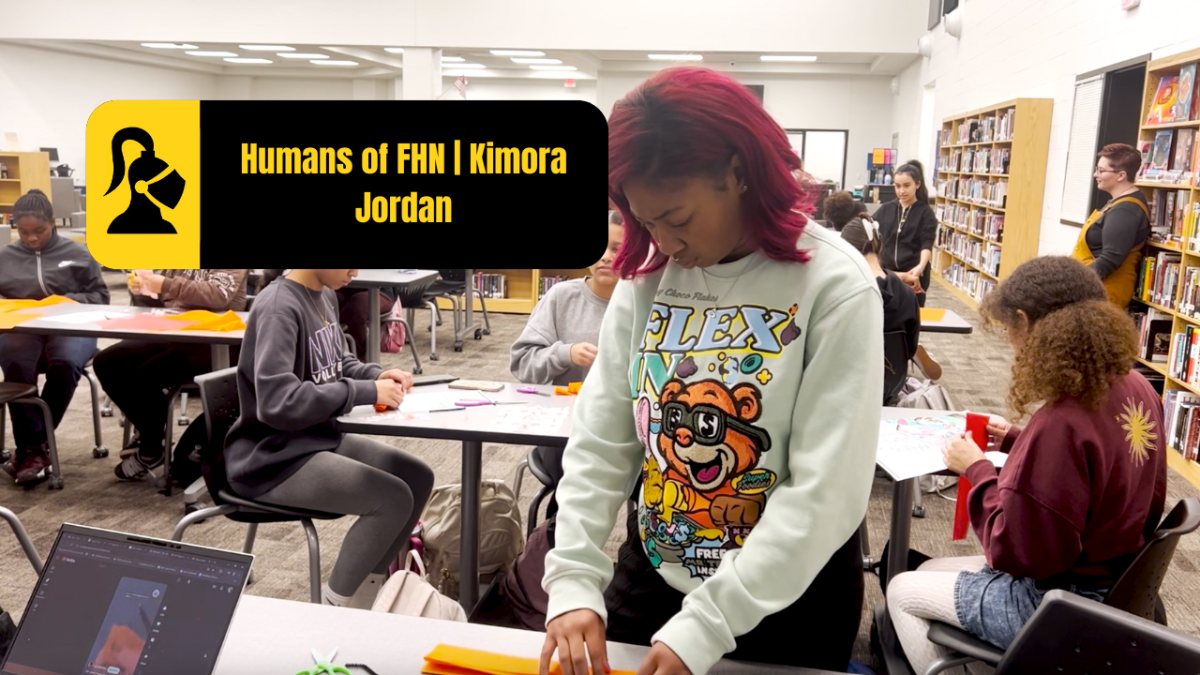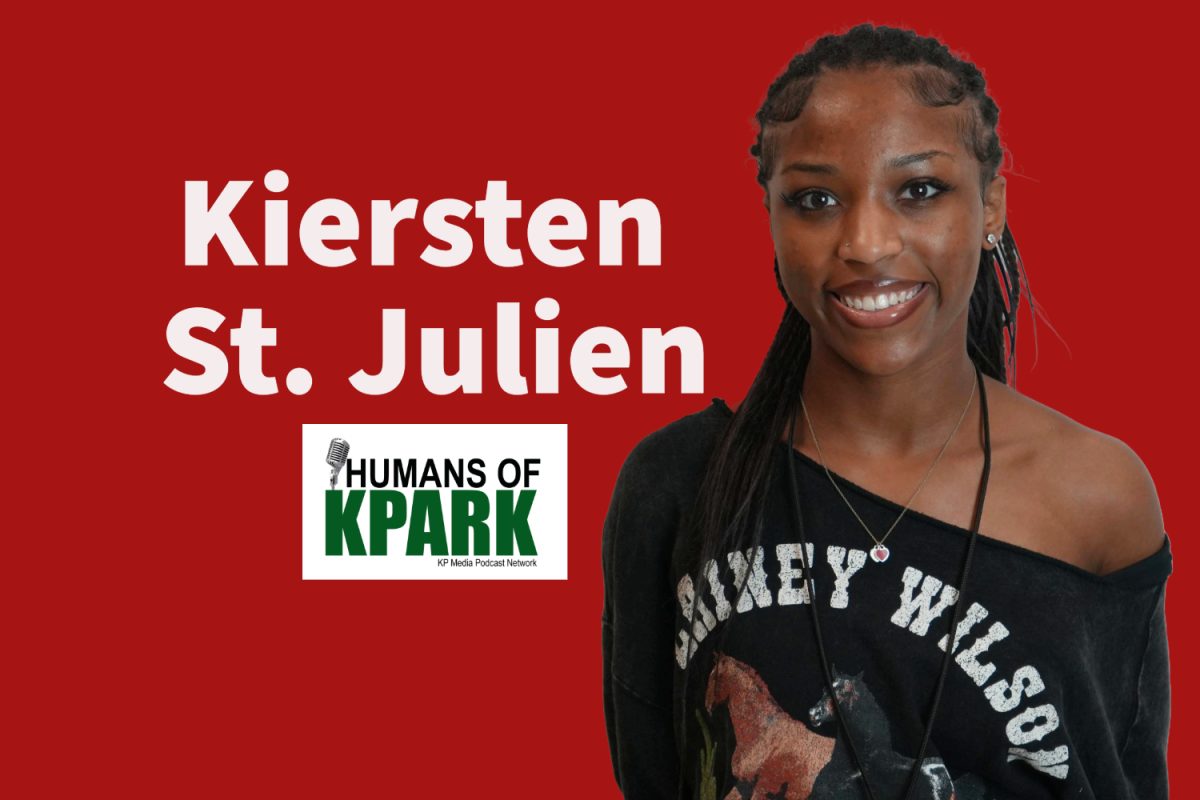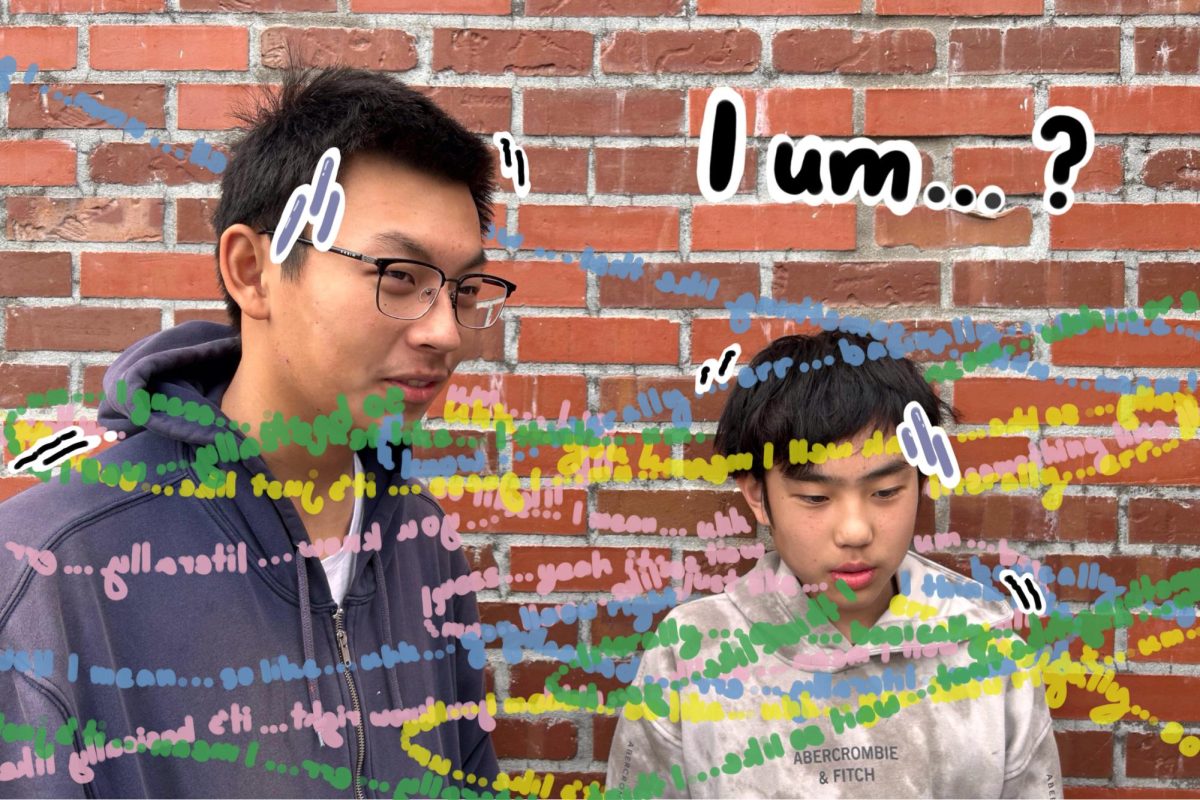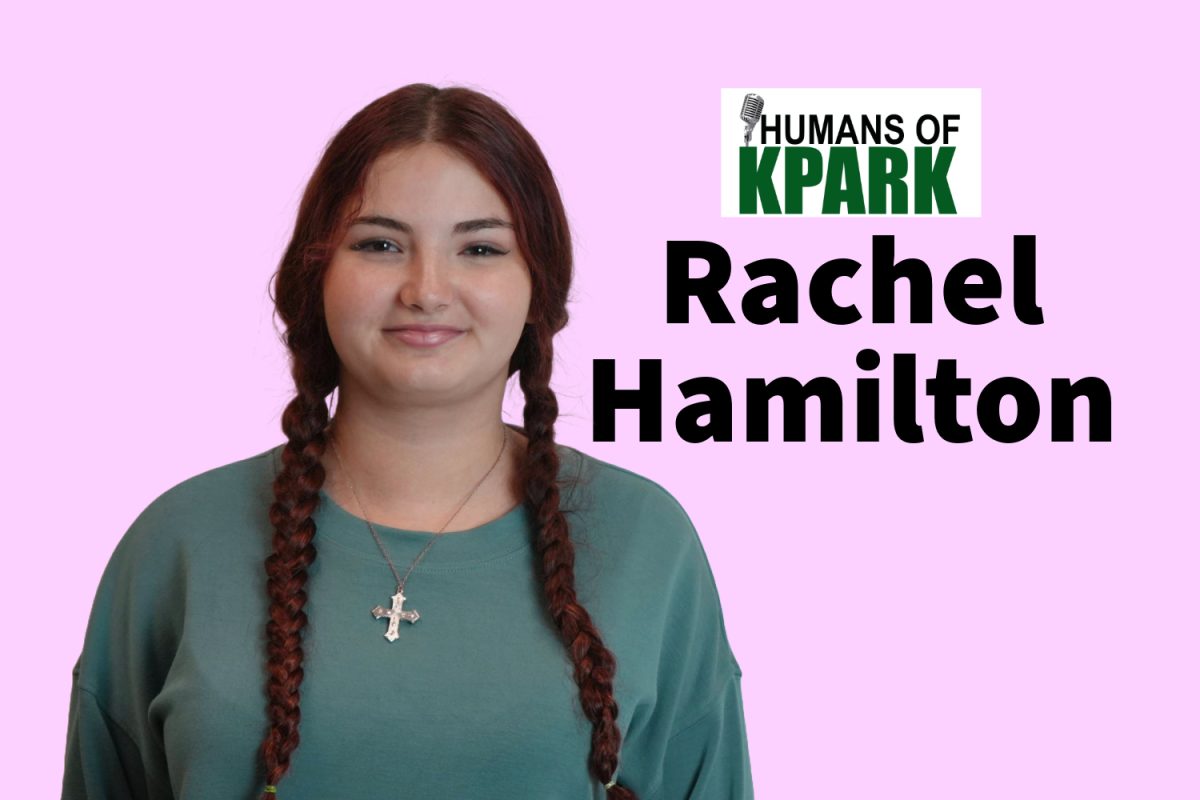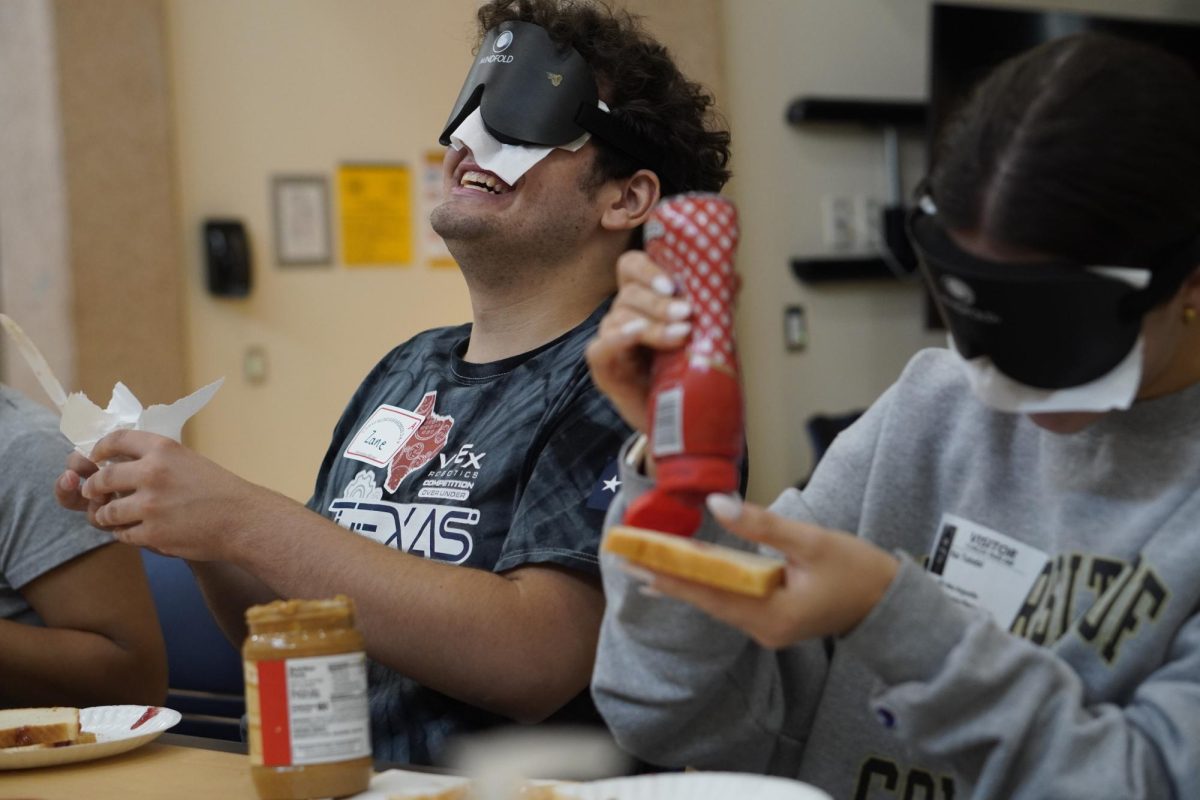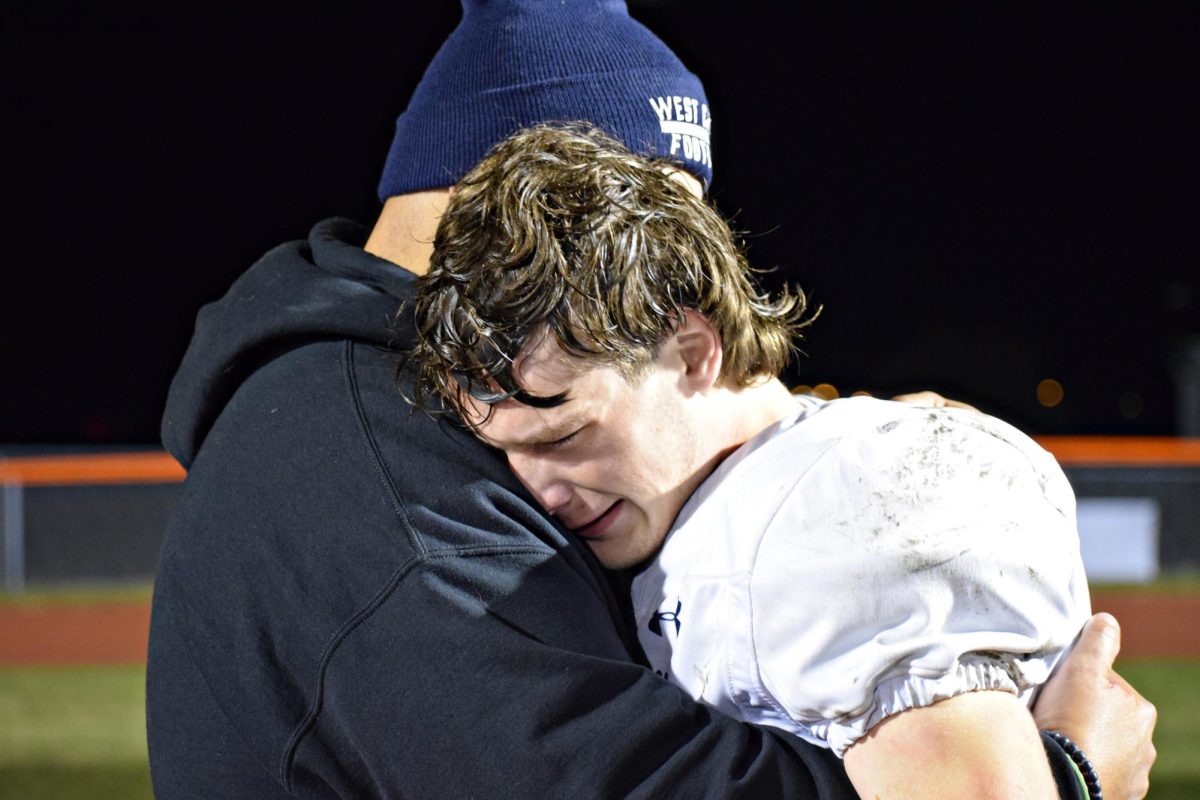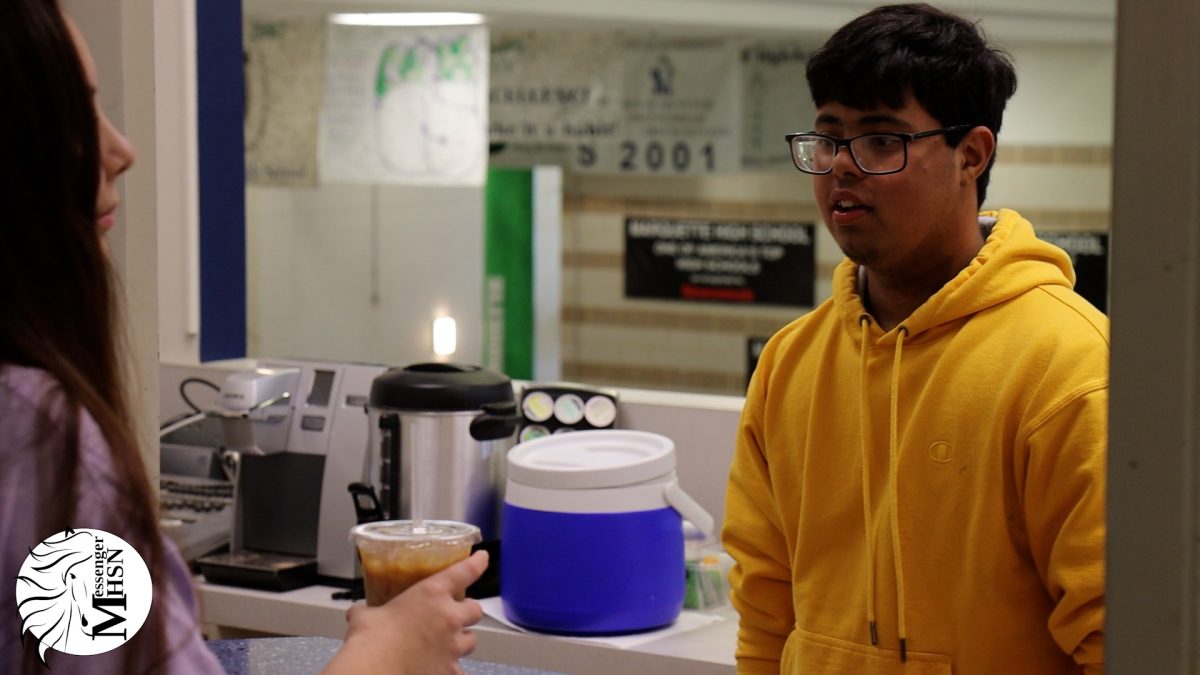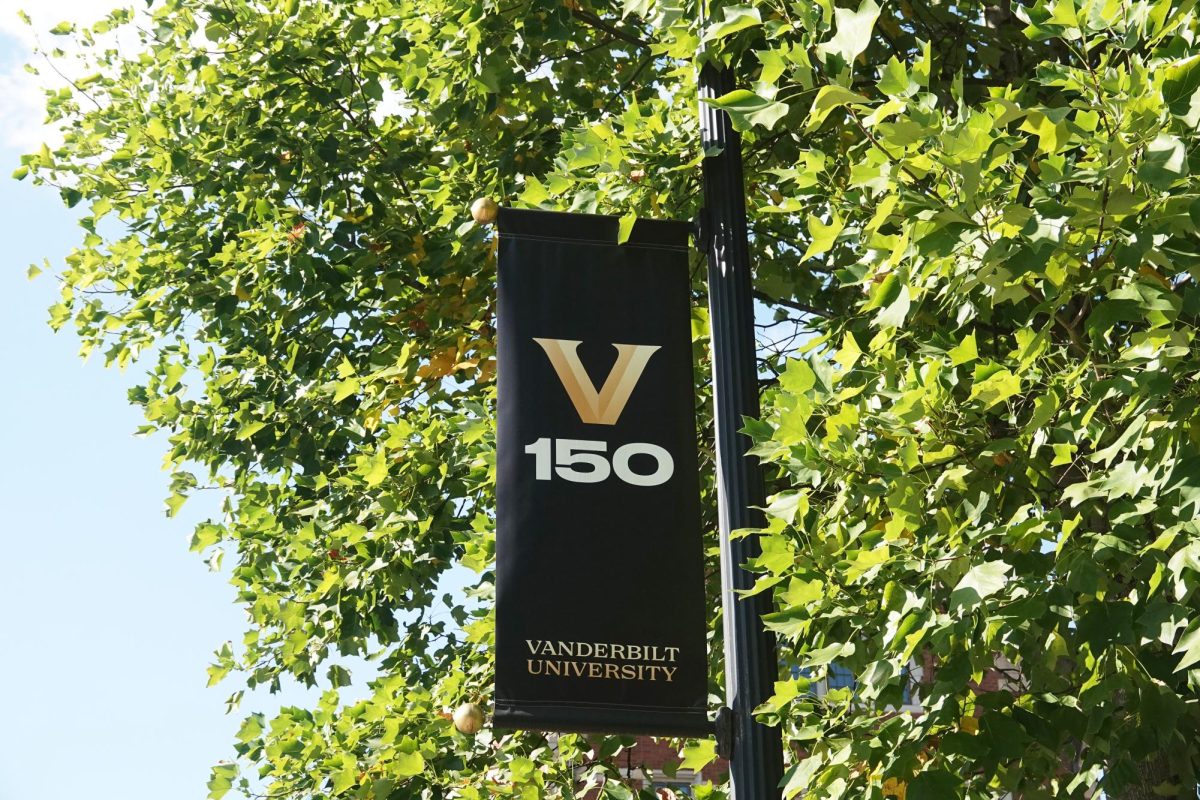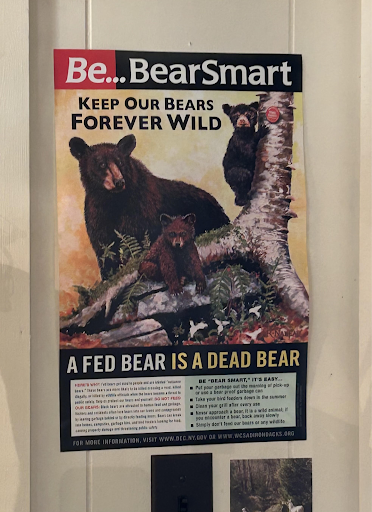Vanderbilt Graduate Workers United filed a petition for union election with the National Labor Relations Board on Oct. 2. The NLRB scheduled a hearing to begin on Oct. 21. The university opposed this unionization movement, submitting multiple statements to graduate students discouraging them from unionizing, filing against NLRB’s subpoenas requesting student information and publishing a new website page emphasizing the university’s position.
VGWU is an organization which has made efforts to form a labor union since 2018, inspired by the graduate workers’ strike at Columbia University. Vanderbilt graduate students in the union are calling for higher wages, better dental coverage and health insurance as well as third-party arbitration for discrimination and harassment.
Union election
The petition seeks an election allowing graduate students to be certified by United Auto Workers. It is currently being processed, meaning NLRB must determine whether the petition is appropriate.
“If appropriate, the NLRB will first see if the parties will enter into an election agreement that specifies the method, date, time and location of an election and the unit of employees eligible to vote,” the notice of petition for election reads. “If the parties do not enter into an election agreement, usually a hearing is held to receive evidence on the appropriateness of the unit and other issues in dispute.”
Through this petition, the graduate students seek to be recognized as a new bargaining unit, Vanderbilt Graduate Workers United-UAW, joining the 100,000 graduate workers at universities across the country — from Harvard University to the University of California system — who have already formed academic worker unions with UAW.
As of publication, there is no date set on when union election will occur. Vanderbilt graduate students will vote during this election to determine whether a union will be formed. Although some graduate students expressed concerns over delays from administration, Rebecca Adler, a fifth-year doctoral student, said she is confident the union election will happen as VGWU has seen much support from graduate students.
“I want to call upon the Vanderbilt administration to let us have our election rather than dragging it through the courts,” Adler said.
VGWU demands
Some graduate students reported feeling overworked and underpaid, calling for better working conditions in their rallies. According to Adler, some graduate students are “instructors of record” — reflecting the workload of a professor — without matching pay. Maxwell Hamilton, a fifth-year doctoral student, shared some of the other issues graduate workers face, saying the increase in stipends last year was not enough to match rising costs of living.
“Graduate student workers faced challenges more acutely [during the COVID-19 pandemic]. There was a rise in inflation, and, especially, housing costs in Nashville went up by 30%, and our stipends didn’t go up enough to match,” Hamilton said.
CNBC reported in November 2023 that housing prices increased by 47% nationally since the COVID-19 pandemic, with Nashville’s prices up by 55%.
Kaylah McGowan, a third-year doctoral student, has been a part of VGWU for a year and shared her motivations for pursuing unionizing efforts.
“I really want to see the increase in stipend, health benefits [and] also just general support, particularly for international students,” McGowan said.
Hamilton also established that currently there is no third party arbitration in cases of harassment or assault and that a union can help arbitrate a resolution to such cases.
Adler believes that the union can be beneficial to the university — though it may affect the university’s budget — as better working conditions will increase graduate students’ productivity and motivation, benefitting Vanderbilt down the line.
“We as graduate workers will be better TAs and better researchers,” Adler said.
McGowan shared that many graduate students find themselves obliged to work a second job to make ends meet.
“Grad workers could better focus on dedicating themselves to their work at the university,” McGowan said.
VGWU hopes their unionization will inspire and empower graduate students at other universities to follow suit.
University response
In an Oct. 4 email to graduate students, Provost and Vice Chancellor for Academic Affairs C. Cybele Raver released the notice of petition election from the NLRB. Another email sent the same day outlined the university’s objection to unionization, as signed by Raver and Vice Provost for Graduate Education and Dean of the Graduate School C. André Christie Mizell. The email linked the university’s “Union Facts” website.
In an email to The Hustler, a university representative emphasized Vanderbilt’s opposition to having the United Auto Workers represent graduate students.
“We believe unionization conflicts with the core goal of the Vanderbilt educational experience: to provide a flexible, collaborative environment in which learning, discovery and innovation are nurtured,” the statement reads.
On Oct. 16 at 10 a.m. CDT, an email from Raver notified graduate students that 30 students had filed objections under the federal Family Educational Rights and Privacy Act to reject the disclosure of their information as a part of the NLRB petition. As of Oct. 18 at 12 p.m. CDT, the university has been required to produce information regarding graduate students’ names, work locations, job shifts and job classifications. The university allowed students to object to the release of their information under FERPA until 5 p.m. CDT on Oct. 17.
“We support the students in their actions to postpone the NLRB’s proceedings to allow time for these objections to be heard and resolved. Under federal privacy law, students have the legal right to object to the NLRB’s subpoena seeking information maintained by Vanderbilt as part of their educational records,” the email reads. “We have filed for postponement with the NLRB in support of our students’ efforts to protect their privacy interests.”
In an Oct. 17 email from Raver and Christie-Mizell, the university informed graduate students of the next steps following the petition to the NLRB. According to the statement, two students filed a petition on Oct. 15 to postpone the Oct. 21 hearing to allow time to consider student objections. The university filed its own motion to postpone following these objections from students.
“The NLRB process will determine whether Vanderbilt graduate students can unionize. The more important question is whether they should,” the email reads. “Throughout this process, university leadership will explain why Vanderbilt believes it can best meet the varying individual needs of our graduate students by continuing to work directly together.”
Raver and Christie-Mizell addressed a second subpoena issued to the university on Oct. 16 by the NLRB in an email sent to graduate students on Oct. 18 at 10:05 CDT. According to this email, more than 80 students filed objections to the release of their information under FERPA.
The university determined that the second subpoena required the release of information related to students’ academic records, including copies of letters of appointment or offers and records related to payroll and employee benefits, among other demands. The university is allowing students to object to this second subpoena by Oct. 29 at 5 p.m. CDT.
“Vanderbilt will treat the second subpoena as a lawfully issued subpoena,” the statement reads. “However, Vanderbilt intends to object to this subpoena, as the university believes that the scope of the subpoena is broader than is appropriate or necessary for the UAW to present its legal arguments at the upcoming hearing before the NLRB.”
In a conversation with The Hustler on Sept. 23, Chancellor Daniel Diermeier said he does not believe that unionization could have educational value for graduate students.
“[Unions have] all sorts of negative consequences with respect to the education that our graduate students will receive,” Diermeier said. “We’re totally committed to giving our graduate students the best possible education and having various different channels so that if there are issues and problems, they can be brought forward. We just don’t think a union is the right mechanism for accomplishing these goals.”
Reaction from graduate students
Adler, McGowan and Hamilton expressed disappointment with the university’s stance, given that many other universities have recognized their graduate workers’ rights.
“The university fears unionizations because it levels the playing field,” Hamilton said. “It prefers a situation where there is a significant power in balance.”
Adler expressed frustration with the university’s reaction to students. According to Adler, the university hired a “massive anti-union busting law firm” to respond to VGWU’s unionization petition.
“Vanderbilt is behind the times. Out of the top 20 universities, 17 already have unions,” Adler said.
In August 2024, The Guardian reported that 38% of graduate student employees are part of a union. As of August 2023, there were 84 successful unions representing graduate students and faculty at institutions of higher education, according to the University of California Berkeley.
On its “Union Facts” website, Vanderbilt upholds that “students are students,” meaning Vanderbilt does not recognize graduate students as employees. Adler said she believes this is the university’s attempt to “sidestep” the legal foundations established in past cases.
“We believe that graduate students do not meet the definition of employee under the National Labor Relations Act, as their activities are not performed in exchange for compensation but are integral to their education as future scholars and researchers,” the university said.
The university also affirms that graduate students receive sufficient support through the Graduate Student Council — a representative body made up of graduate students with one student from each graduate department. According to Hamilton and Adler, GSC exists with the goal of allowing students to shape and address their educational concerns.
However, Adler — a member of GSC — shared that the council is limited in its actions — only “putting little bandaids” on bigger issues. A graduate student can use GSC to pass resolutions and make requests, but there is no guarantee that action will be taken as the university can veto any resolutions passed by the GSC. In fact, the council recently passed a resolution endorsing graduate student unionization, according to Hamilton.
“There was only so much they could do to help us and hear our concerns. I joined [VGWU] to try to better the circumstances of my fellow grad workers,” Adler said.
The university also claims that unionization threatens the existing relationships between professors and graduate students.
“In our current model, graduate students are supported by our faculty in mentor-mentee and faculty-student relationships. Were our graduate students to unionize, these relationships would be legally defined as employer-employee relationships,” the university Union Facts website said.
McGowan said she does not predict tension growing in faculty-student relationships due to unionization. She cited cases of unionization at other institutions, like Princeton University, where students received support from professors and faculty members.
“There has been no friction between graduate students and staff by means of the union,” McGowan said.
Alison Winters contributed reporting to this piece.
This story was originally published on The Vanderbilt Hustler on October 20, 2024.

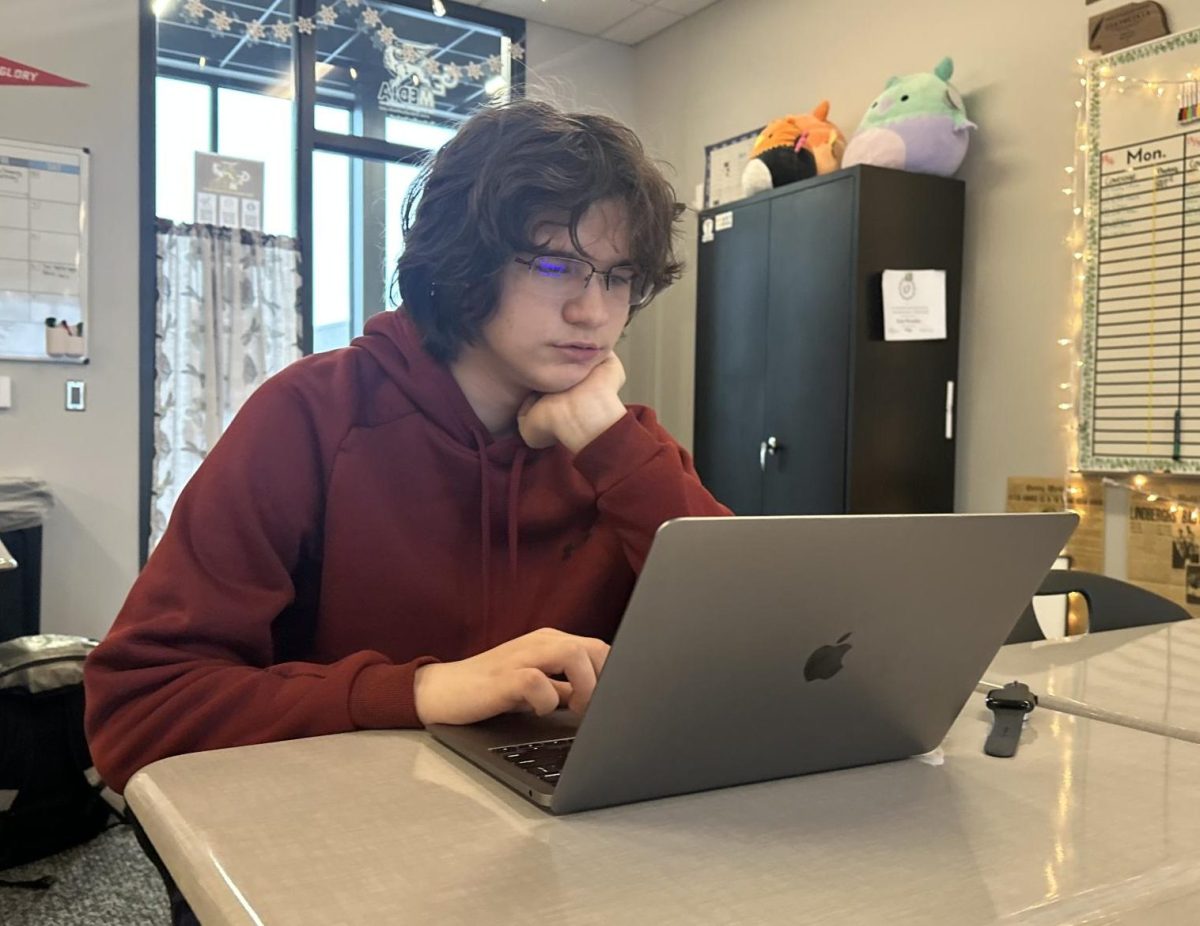
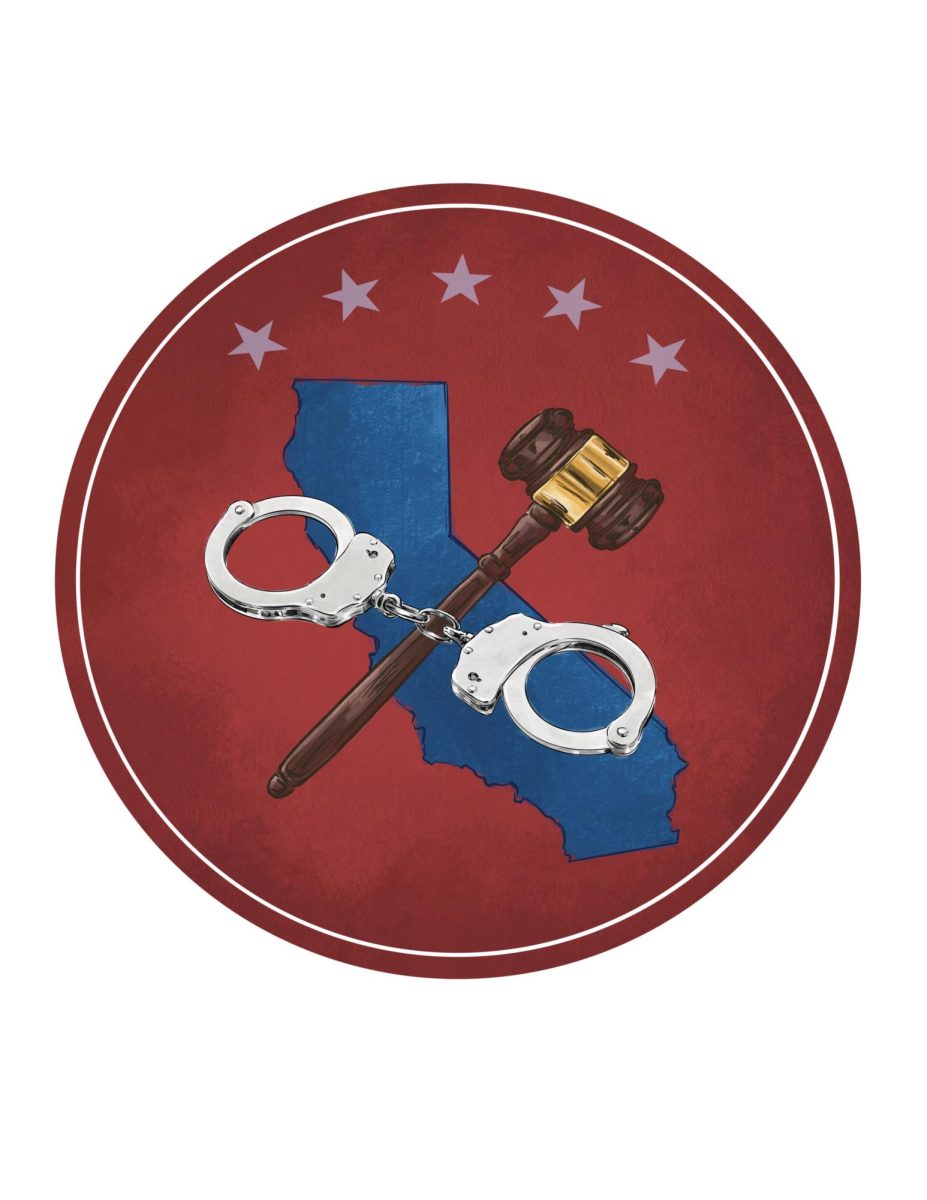
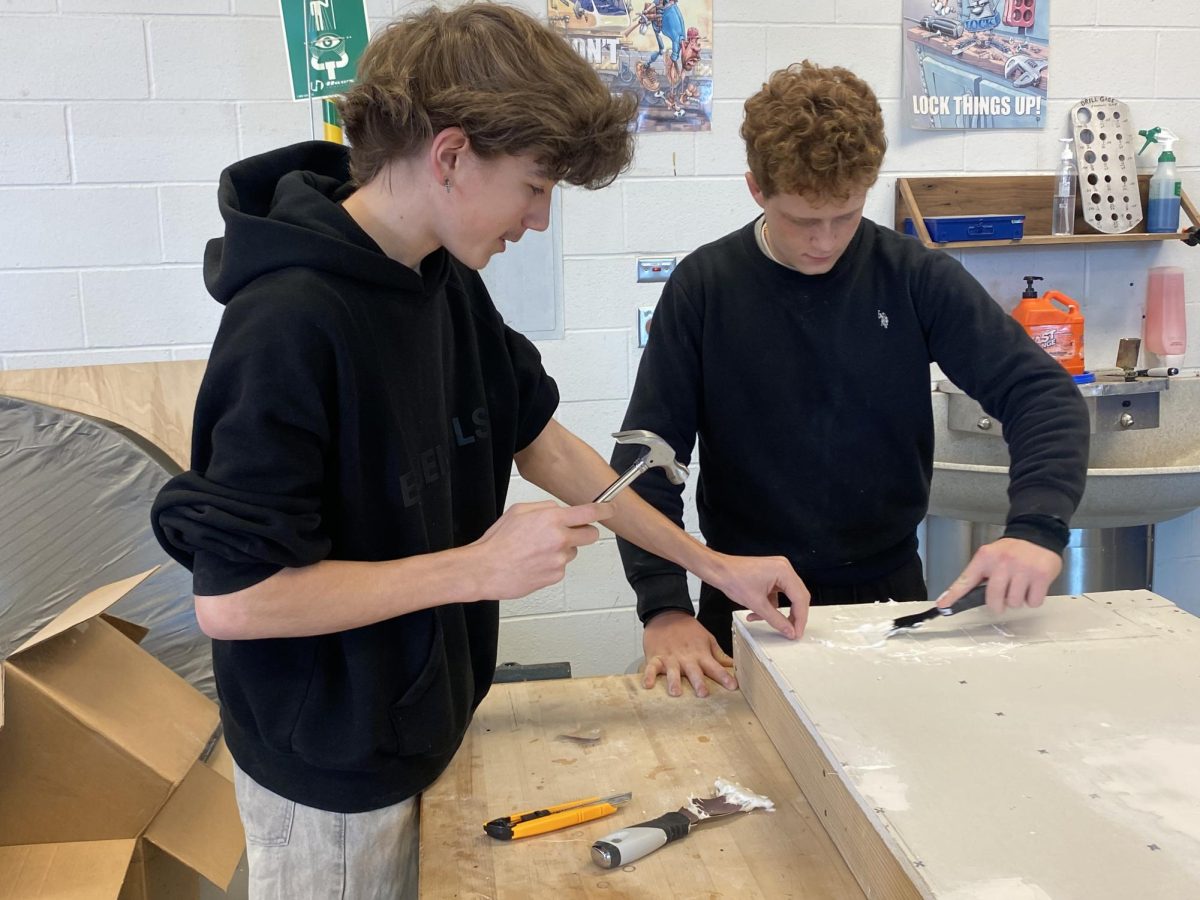

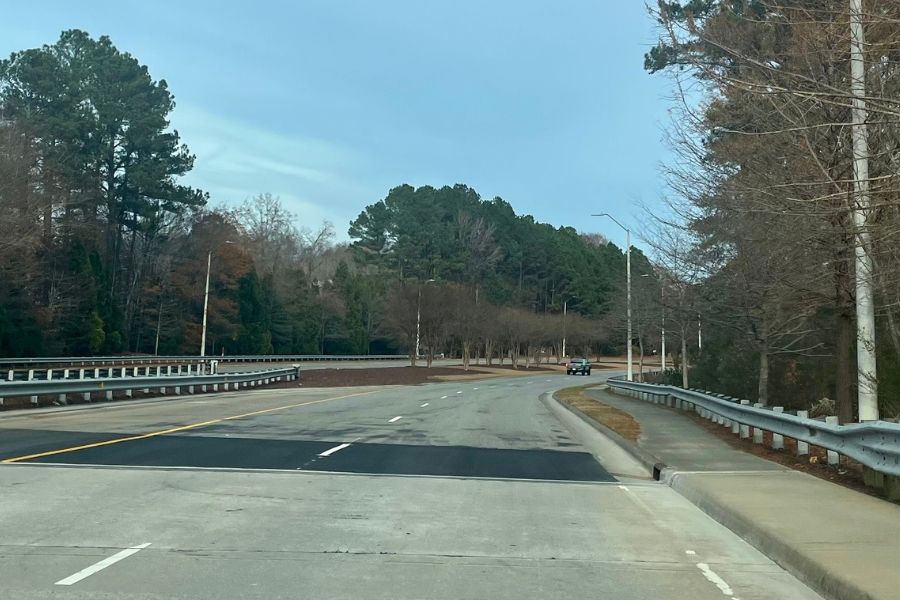
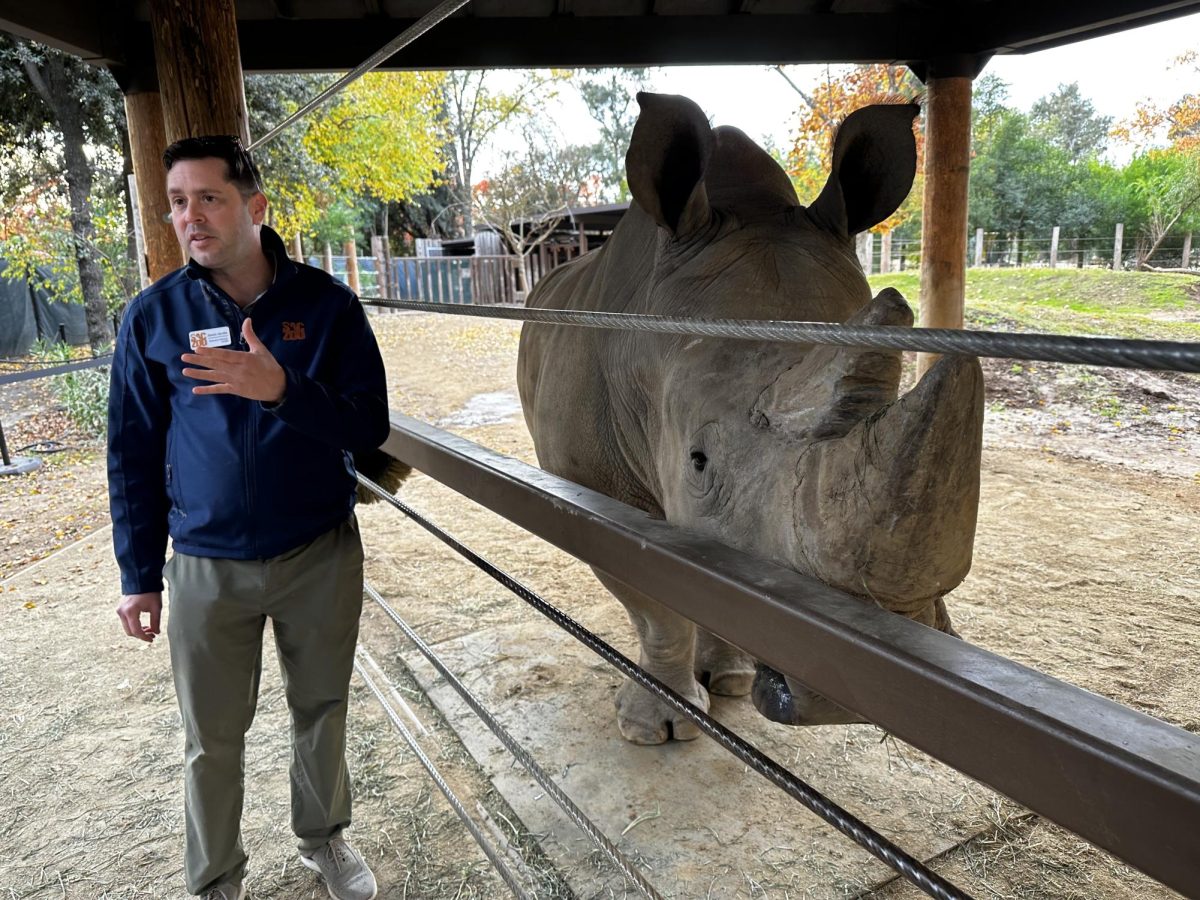



![Adding a tray of canned corn to the pile, junior Michael Collop assists in transporting donations for the Holiday Food Drive. The event, hosted schoolwide from Dec. 10-17, raised over 5,000 food items to deliver to the Parkway Food Pantry, helping several families in need. [The drive] is a great thing for us to do because you're giving to those who are less fortunate, and it helps provide for people who can't provide for themselves. [The] competition is always fun, too. It was fun to be in [social studies teacher Jess] Chazen’s class, because he always gets worked up over [the competition]. He made it exciting, and was always convincing us to turn in cans for the drive,” Collop said.](https://bestofsno.com/wp-content/uploads/2024/12/feature-photo-unsung-2.png)
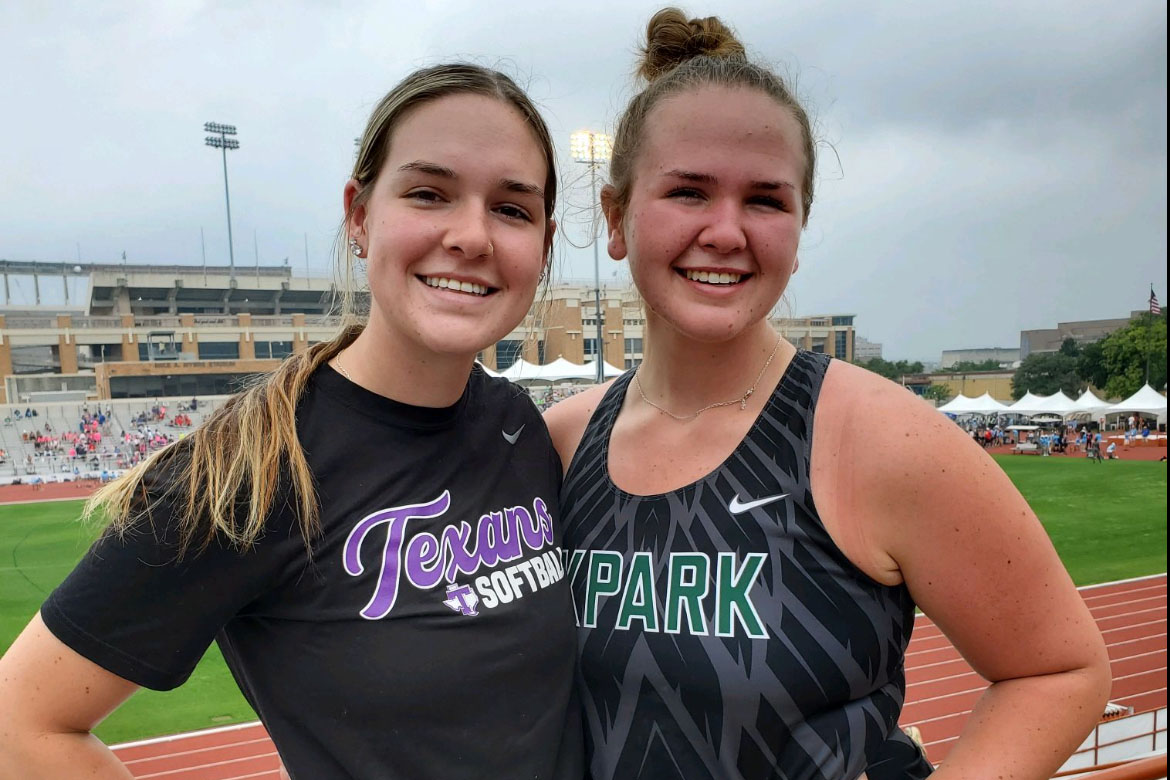

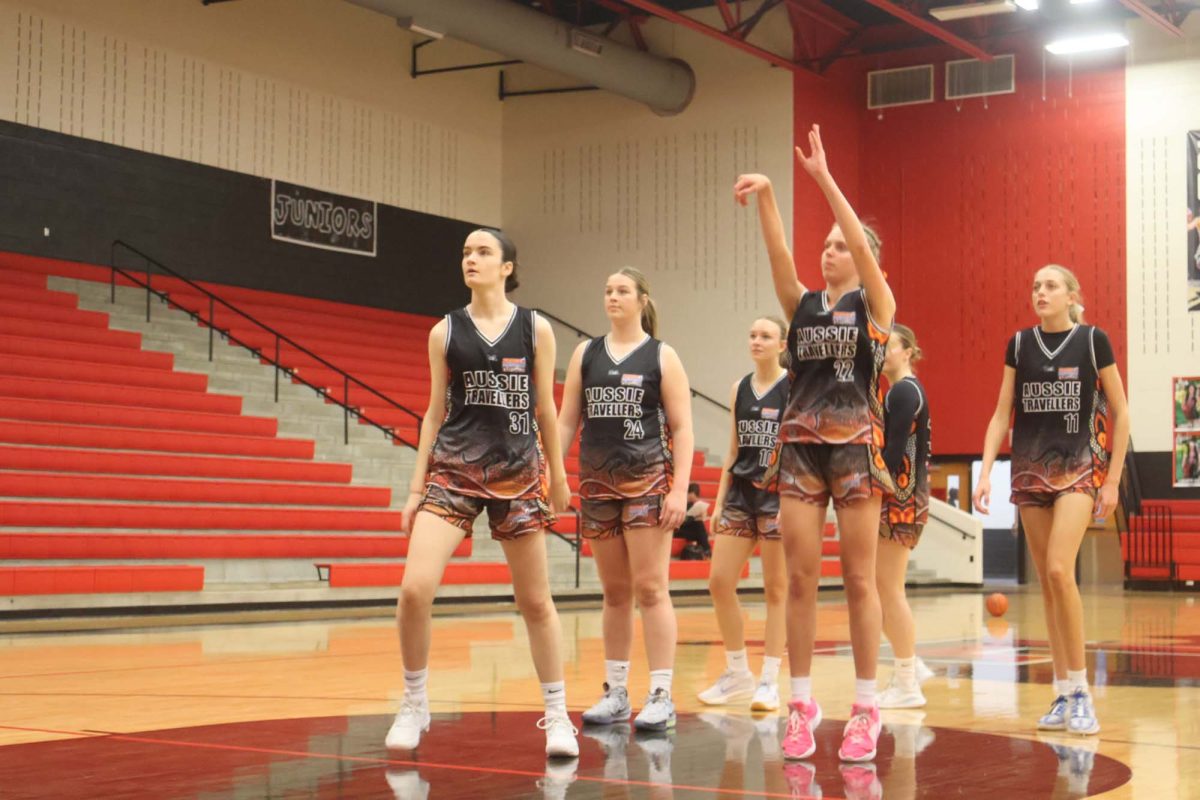
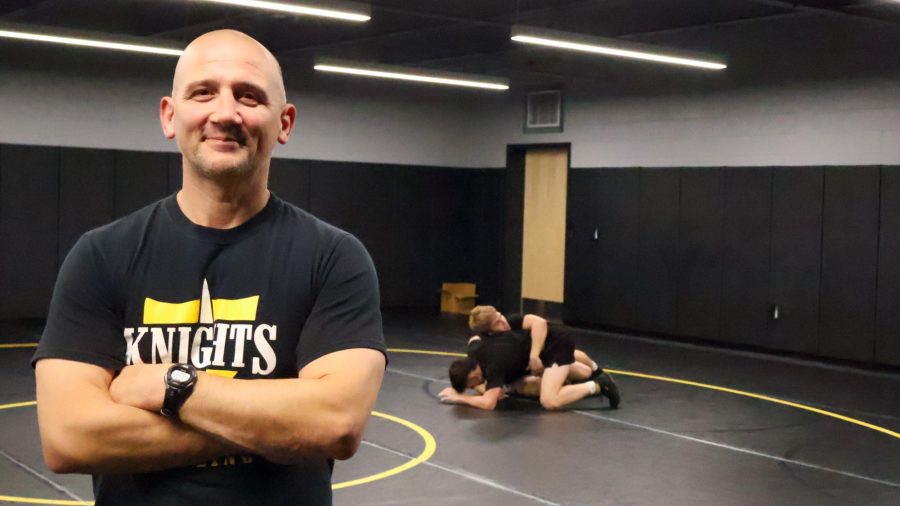
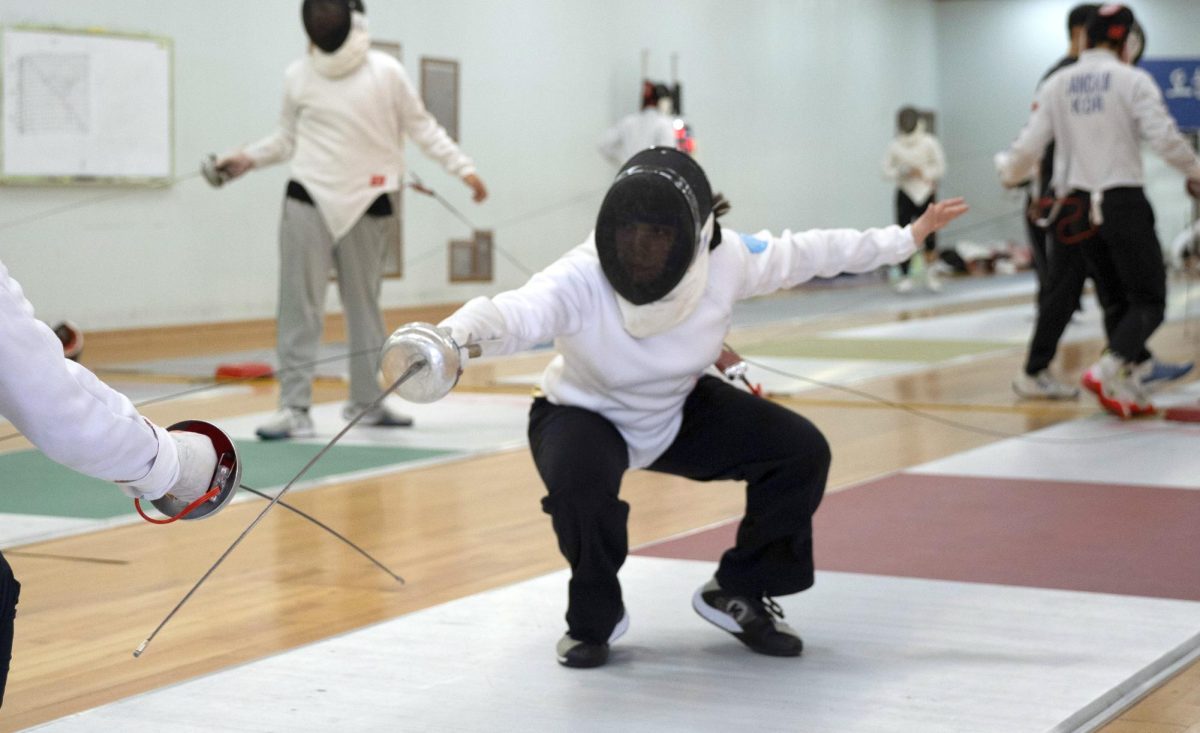
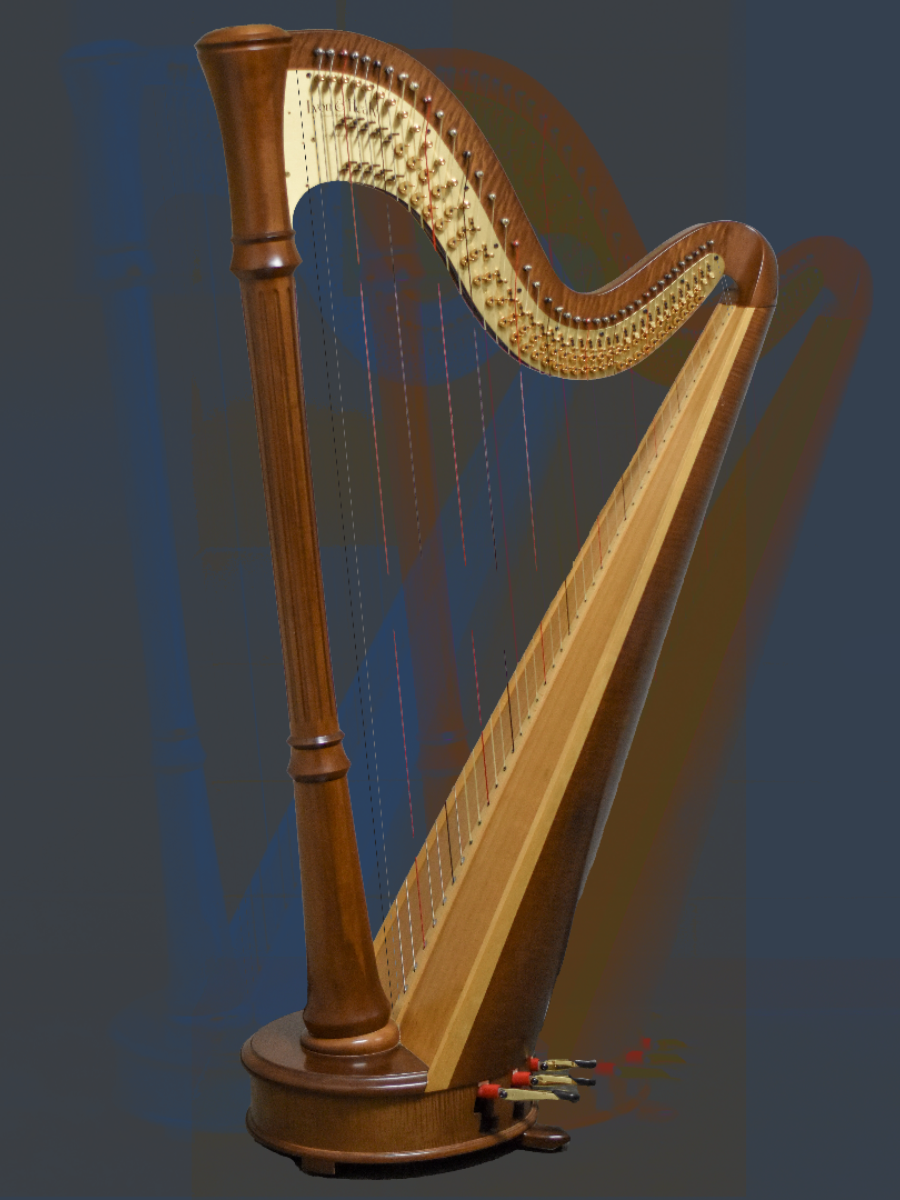
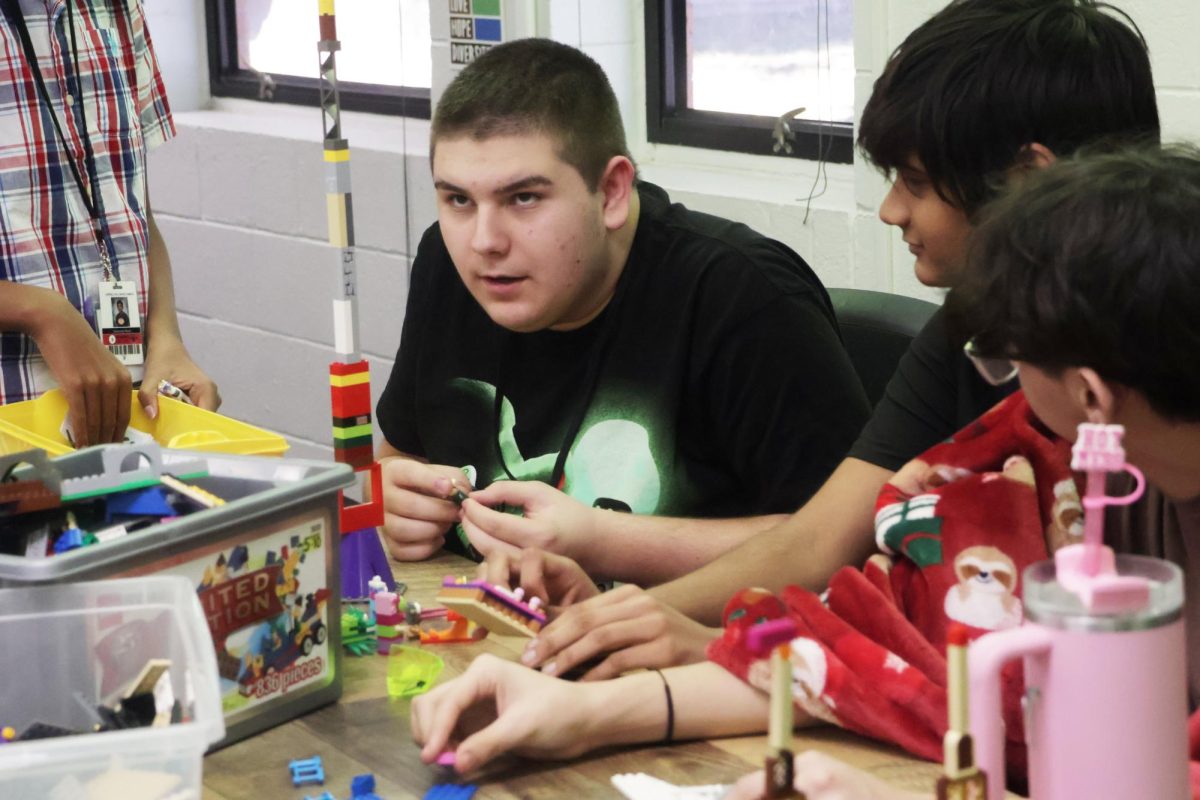

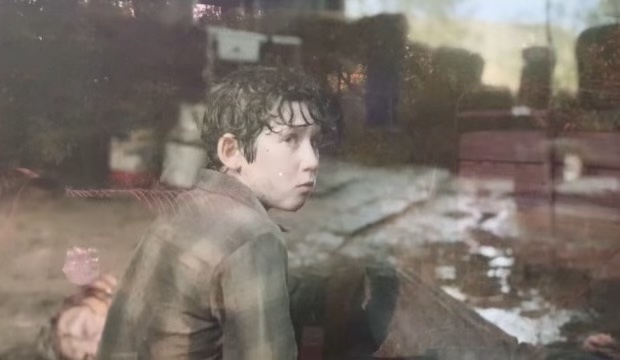
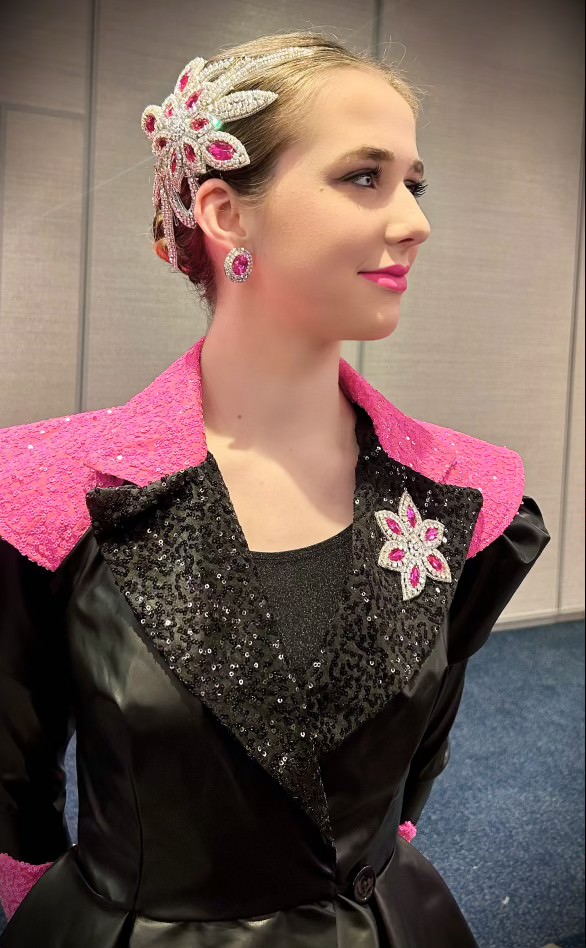
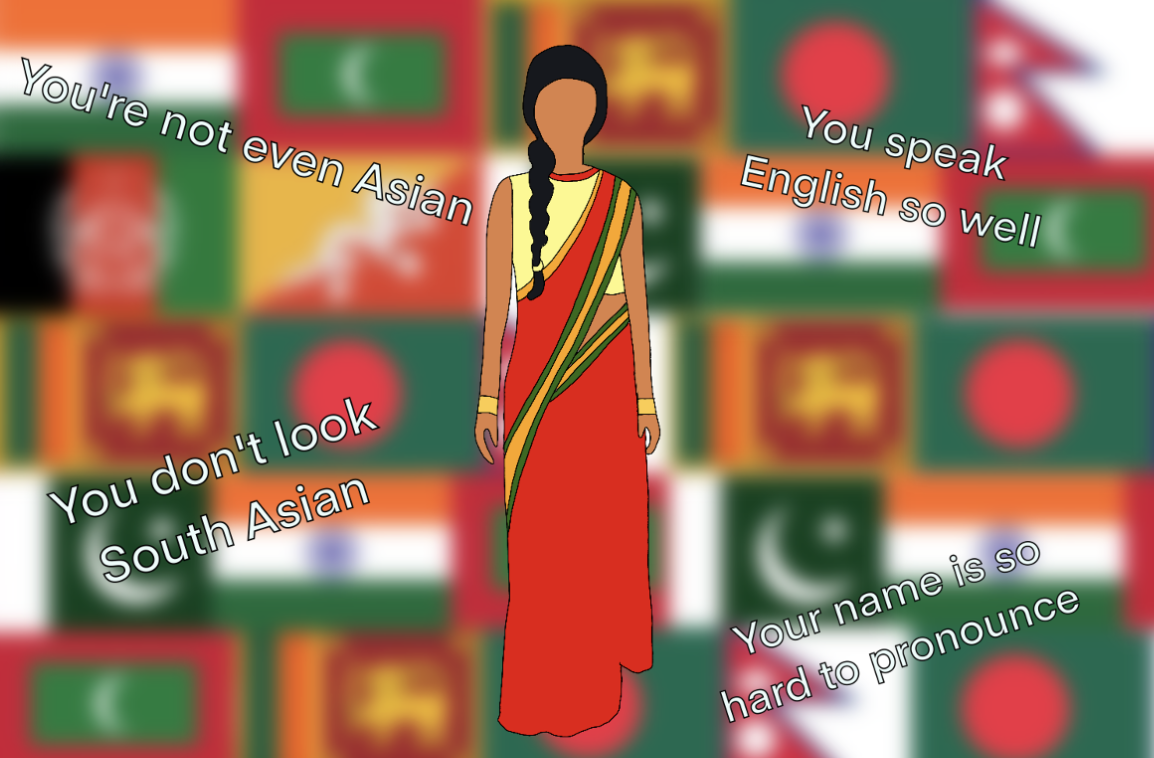
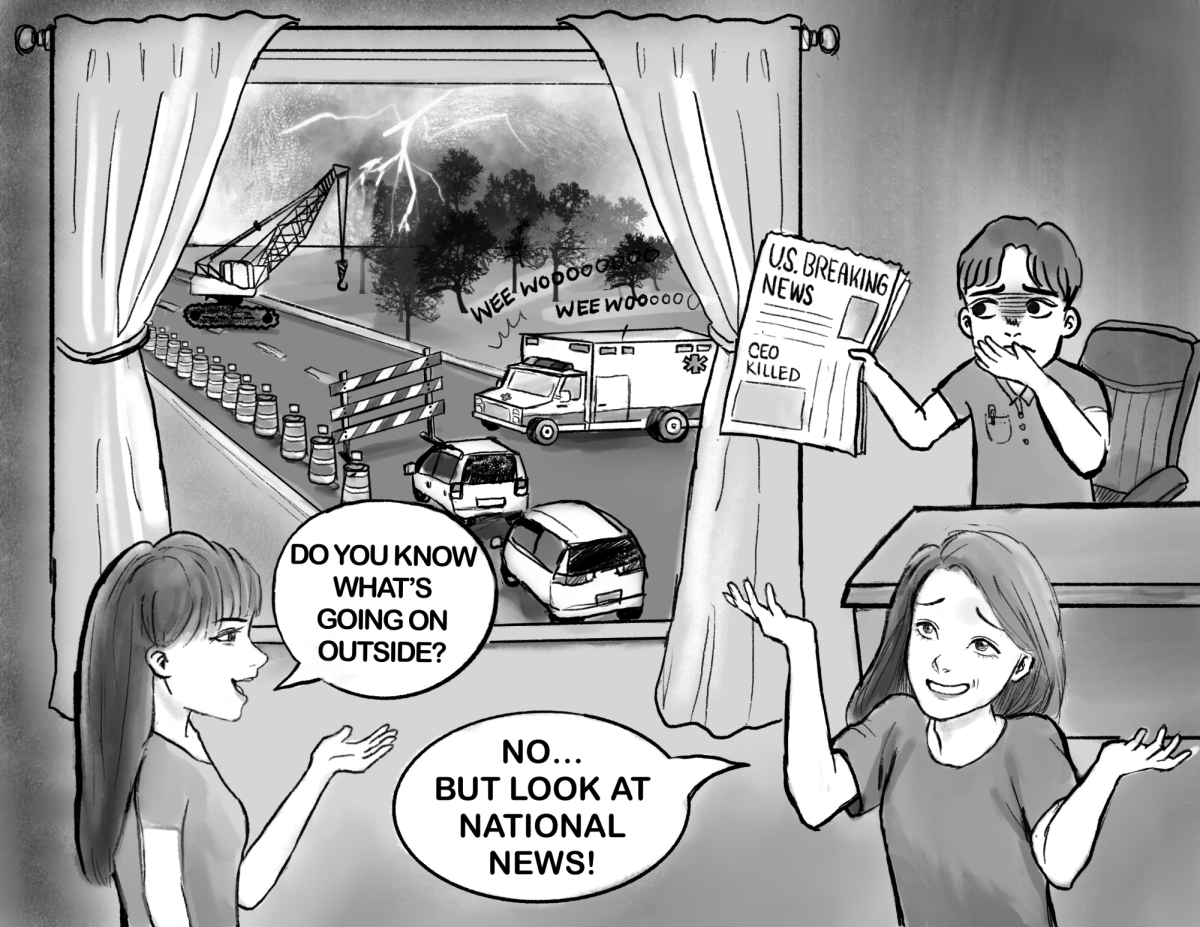
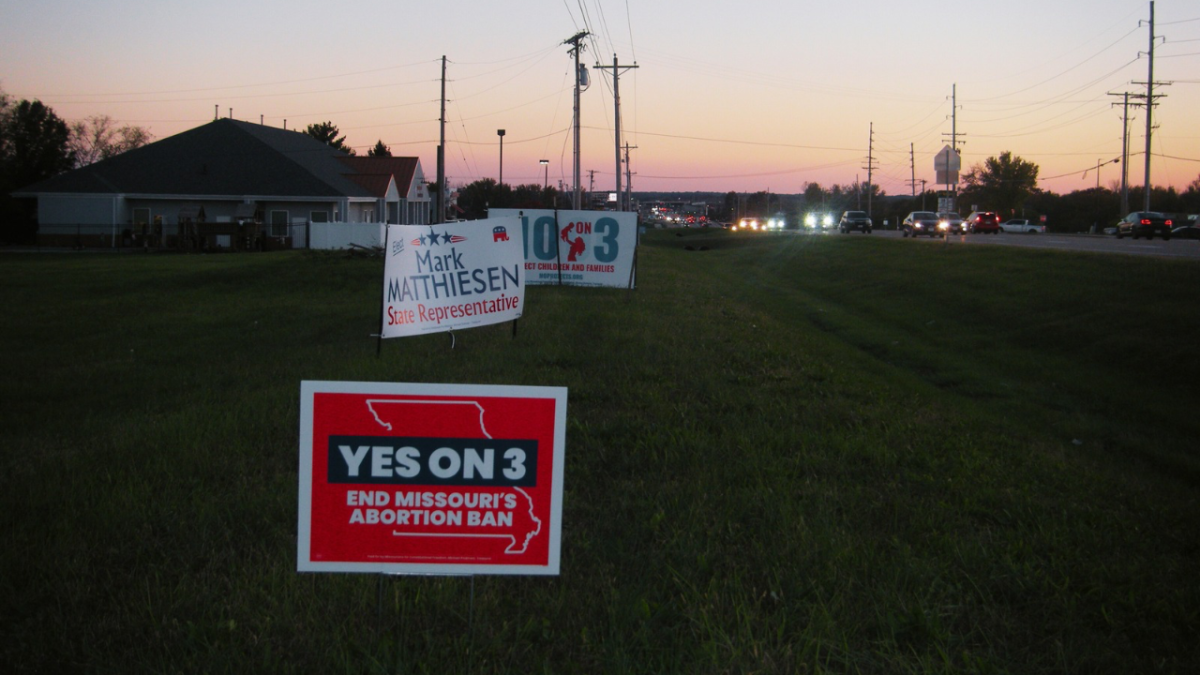
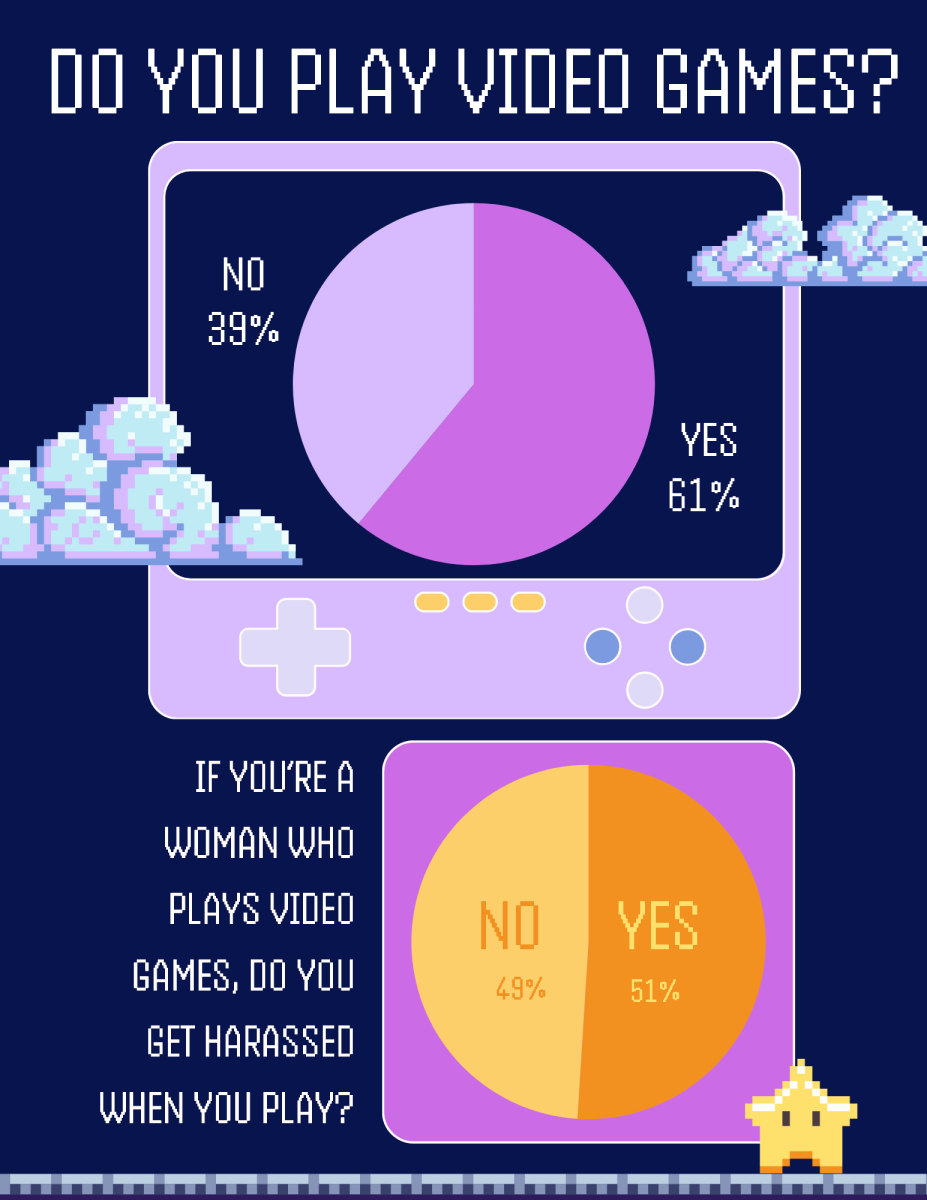
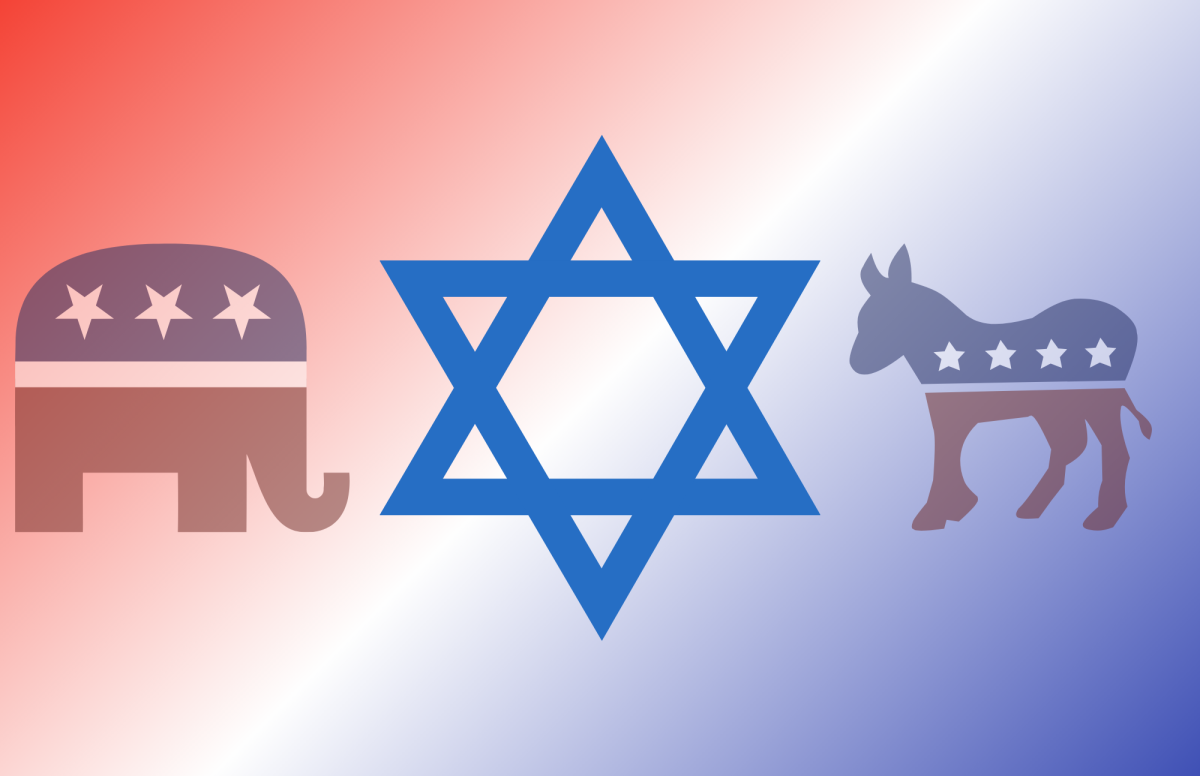
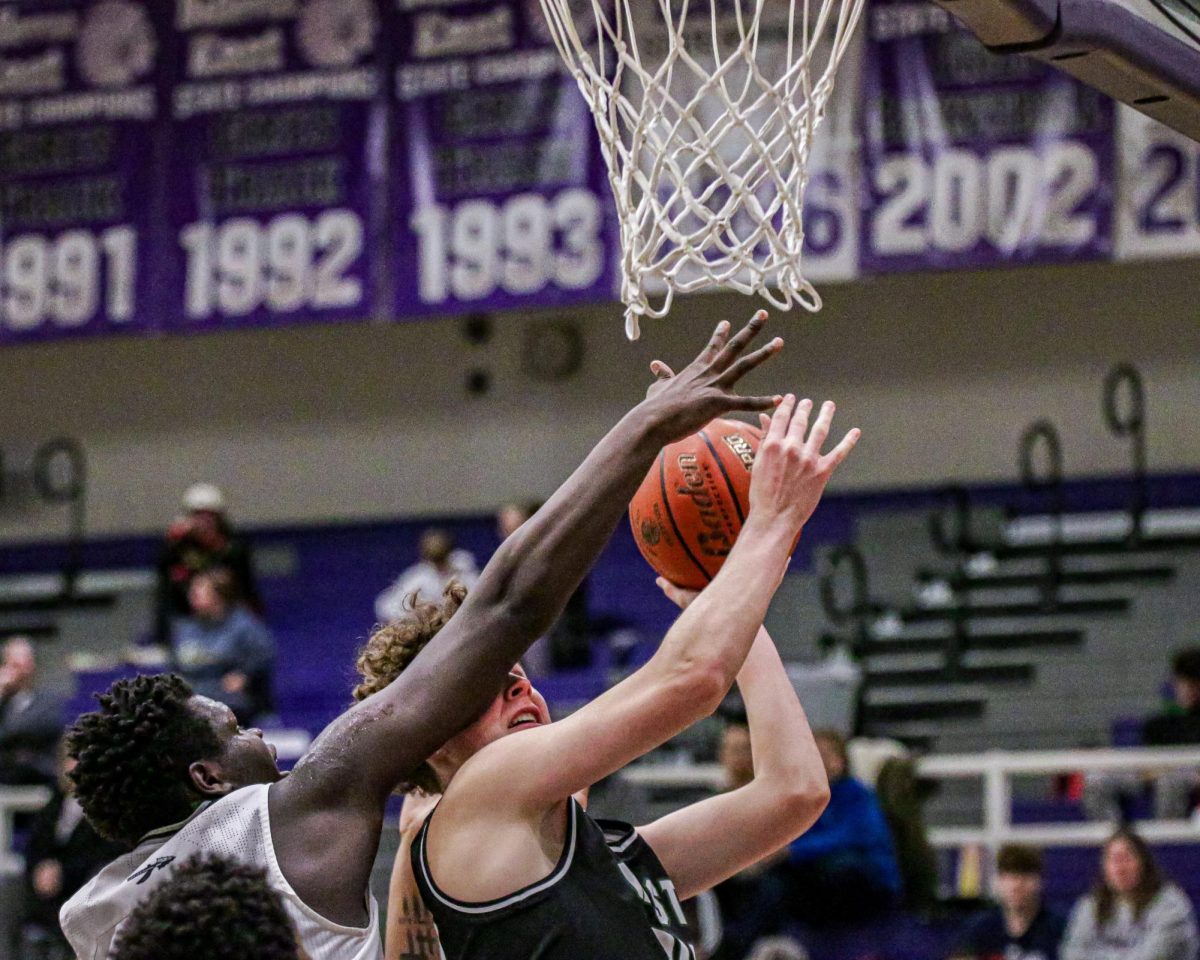
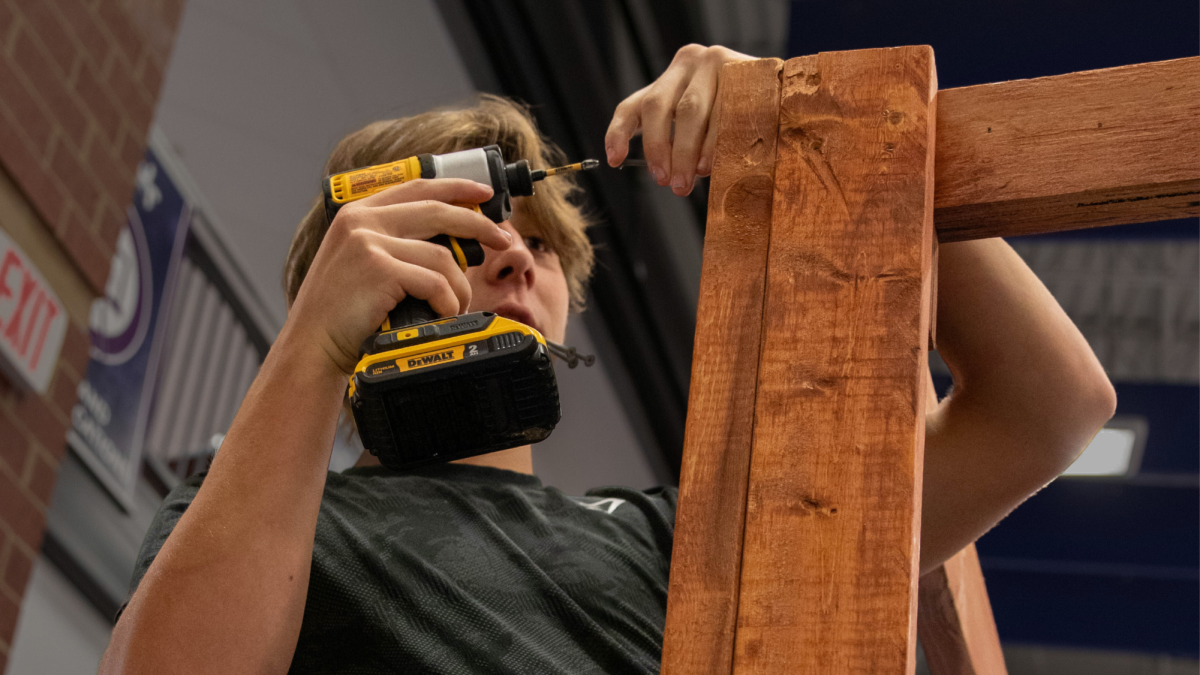
![NEW CHALLENGE, NEW TEAM MEMBERS: Every season, VEX creates a new game that robotics team members are faced with and have to build a robot to compete in. This year’s game forces students to create a robot that is able to stack rings onto mobile goals in order to score points. The change in games each season is something that robotics teacher Audrea Moyers appreciates.
“One of the things that I like about VEX is that they have a new problem to solve every year,” she said. ¨Even though the equipment’s the same, they have to analyze the game, and they have to come up with solutions that are unique that year. They are using their knowledge from prior years, but they have to kind of redesign a problem.”
As returning teams were faced a new game, some new teams and members had to adapt to a uncommon playing field and game.
“Three of our four teams were competing for the first time this year, and they had very different experiences match to match, so I think they learned a lot,¨ she said. ¨It’s hard just watching a video online to know how it’s actually going to be in person, so they all learned a lot about what gameplay is like, how to work with an alliance partner [and] how to adapt during the day to changes.”](https://bestofsno.com/wp-content/uploads/2024/12/IMG_9283-1-1200x800.jpg)
